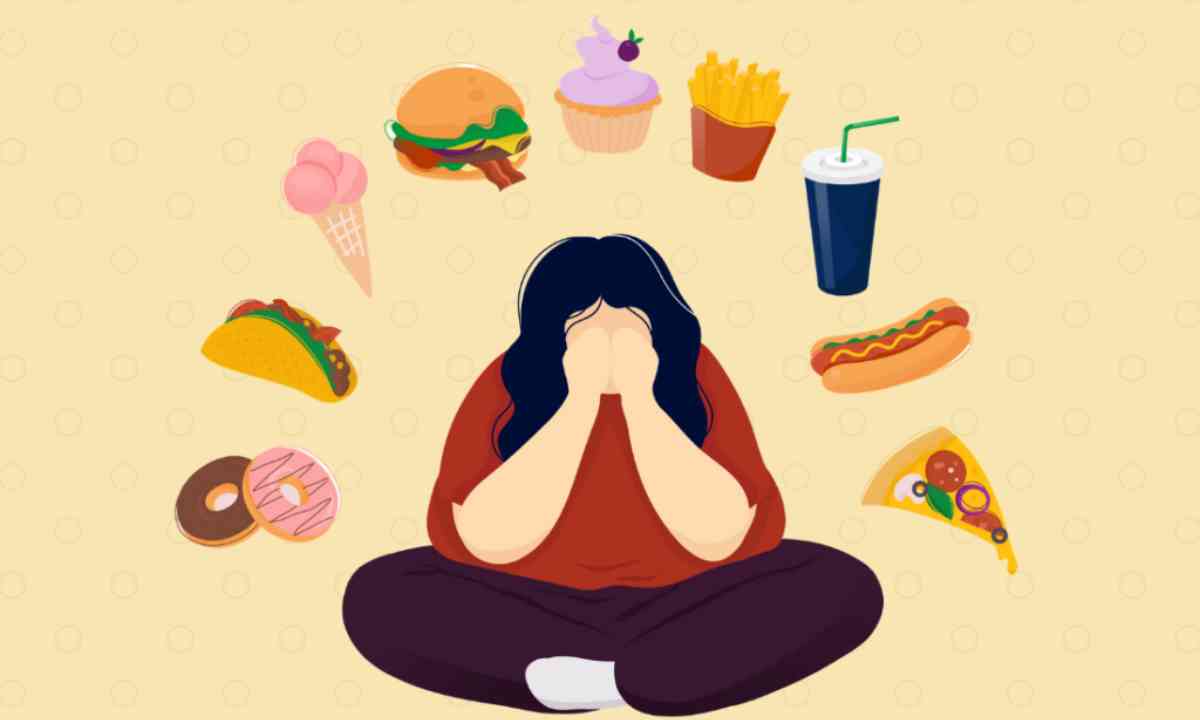Nutrient deficiencies: A diet lacking in certain essential vitamins and minerals, such as vitamin D, omega-3 fatty acids, and folate, can contribute to the development of depression.
Insulin resistance: Consuming a diet high in processed foods and added sugars can lead to insulin resistance, which has been linked to an increased risk of depression.
Inflammation: A diet high in pro-inflammatory foods, such as fried foods and refined carbohydrates, can contribute to inflammation in the body, which has been linked to depression.
Hormonal imbalances: Consuming a diet high in added sugars and processed foods can disrupt hormones such as cortisol and insulin, which can contribute to feelings of depression.
Gut health: The gut and the brain are connected via the gut-brain axis, and an unhealthy gut microbiome can contribute to depression.

Adequate Protein intake: Not getting enough protein in the diet can lead to imbalance of certain neurotransmitters that are essential for emotional well-being.
Hydration: Dehydration can negatively impact mood, leading to feelings of depression.
Regular meals: Skipping meals or having an irregular eating schedule can disrupt blood sugar levels, which can contribute to feelings of depression.
Antioxidant rich foods: Consuming foods high in antioxidants, such as berries and leafy greens, can help protect the brain from damage and inflammation.
Social eating: Eating with others or participating in communal meals can improve social support and boost overall well-being, which can help alleviate depression symptoms.
© Vygr Media Private Limited 2022. All Rights Reserve



















